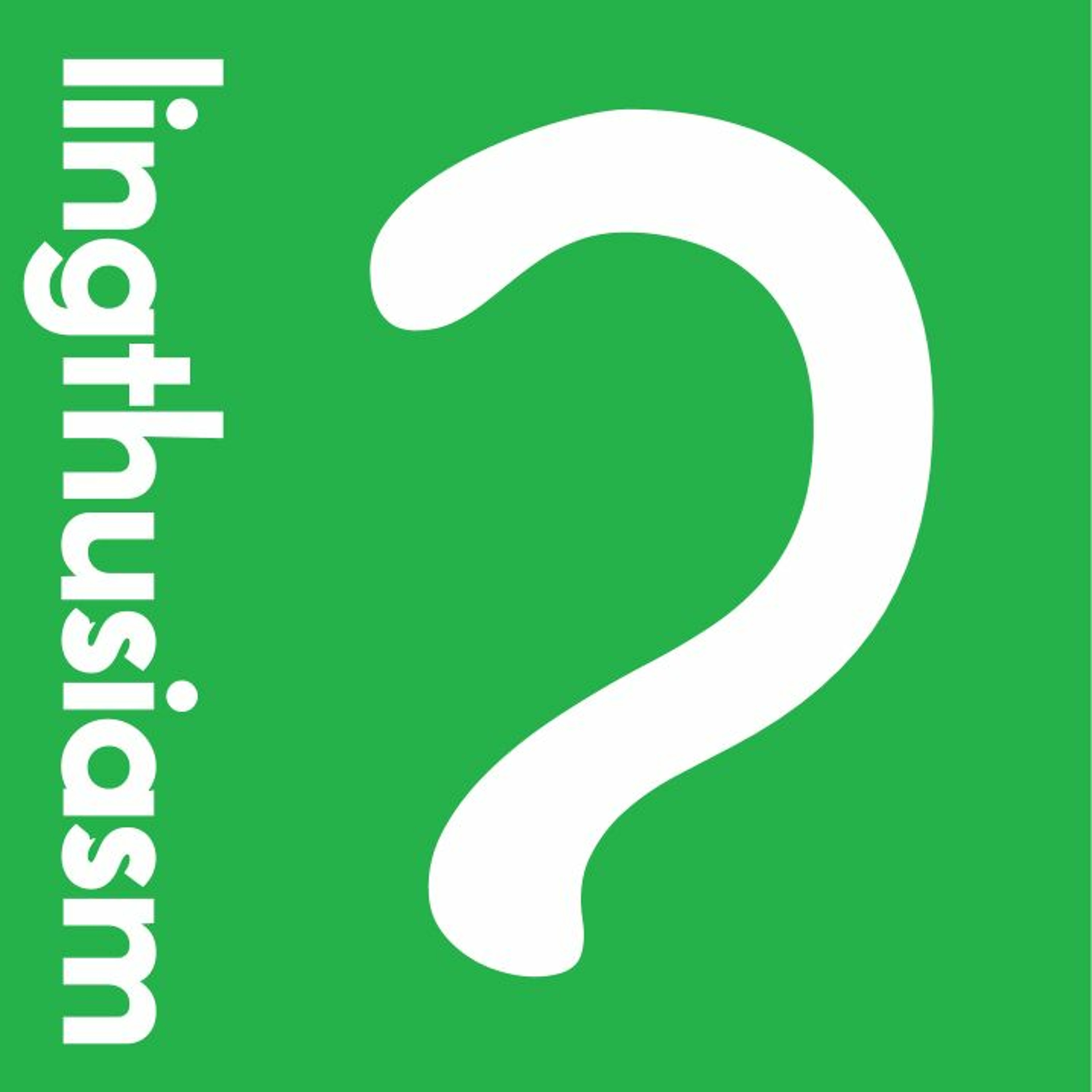69: What we can, must, and should say about modals

b'Sometimes, we use language to make definite statements about how the world is. Other times, we get more hypothetical, and talk about how things could be. What can happen. What may occur. What might be the case. What will happen (or would, if only we should have known!) What we must and shall end up with. In other words, we use a part of language known as modals and modality! \\n\\nIn this episode, your hosts Lauren Gawne and Gretchen McCulloch get enthusiastic about modals! We talk about the nine common modals in English, the gloriously-named quasimodals (no relation to the bellringer but I would absolutely read the Quasimodo/Quasimodal crossover, I\\u2019m just saying), and how people use the ambiguity between permission and believability in English modals for comic effect. We also talk about neat things modals do in various languages: in Nsyilxcen, the modal is a separate word, whereas in Nez Perce, it\\u2019s an affix on the verb, and in German, there are also modal adverbs. In Italian Sign Language and American Sign Language the forcefulness of the modal (such as the difference between \\u201cshould\\u201d and \\u201cmust\\u201d) is indicated through having modals that are performed faster or larger or have a more intensive expression in how they\\u2019re signed.\\n\\nAnnouncements: \\nIn this month\\u2019s bonus episode we get enthusiastic about the word "like"! We talk about why "like" falls prey to the frequency and recency illusions, why linguists get excited about "like" and other function words, and other important dispatches from the world of "like" (apparently people who use "like" are perceived as more attractive!). \\n\\nJoin us on Patreon to listen to this and 60+ other bonus episodes. You\\u2019ll also get access to the Lingthusiasm Discord server where you can chat with other language nerds!\\n\\nFor links to things mentioned in this episode: https://lingthusiasm.com/post/687253856615350272/episode-69-what-we-can-must-and-should-say'